Nurturing self-esteem in children is essential for their overall well-being and future success. When kids have a positive self-image, they are more likely to embrace challenges, develop healthy relationships, and believe in their abilities. Engaging children in activities that promote self-esteem is a fantastic way to boost their confidence and help them grow into resilient, self-assured individuals. This article will explore some fun and effective self-esteem activities for kids that parents, educators, and caregivers can incorporate into children’s lives to foster a healthy sense of self-esteem.
Self Esteem Activities for Kids
- Positive Affirmations and Self-Talk

Encourage children to practice positive affirmations and self-talk. Teach them to identify their strengths, talents, and positive qualities. Have them create affirmation cards or a positivity jar filled with uplifting messages. Encourage them to recite these affirmations daily or during challenging situations, promoting a positive mindset and self-belief.
2. Artistic Expression
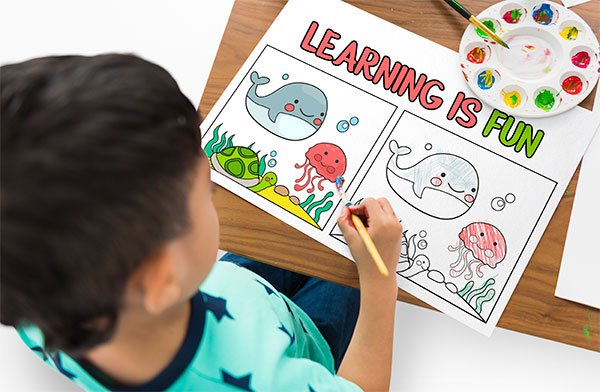
Engaging in various forms of artistic expression can be a powerful self-esteem booster. Encourage children to draw, paint, sculpt, or engage in any art form that interests them. Allow them to express themselves freely without judgment. Display their artwork proudly, celebrating their creativity and unique perspectives.
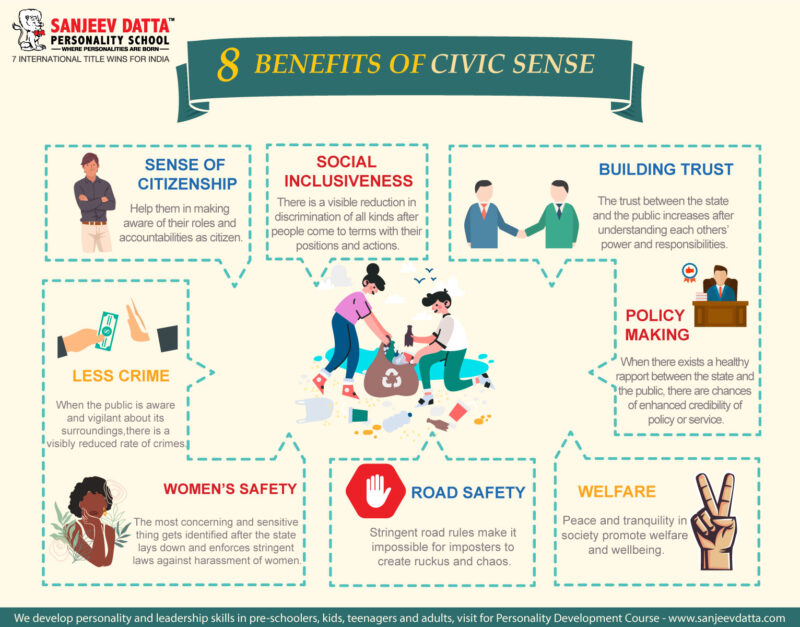
3. Role-Playing and Drama
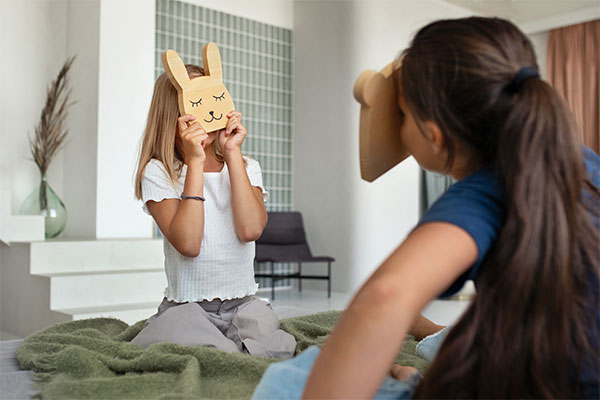
Personality development for kids includes encouraging children to engage in role-playing or drama activities. Let them act out different scenarios, playing different roles. This helps develop empathy, boosts creativity, and allows children to explore various aspects of their personality and build self-confidence.
4. Personal Achievement Journals
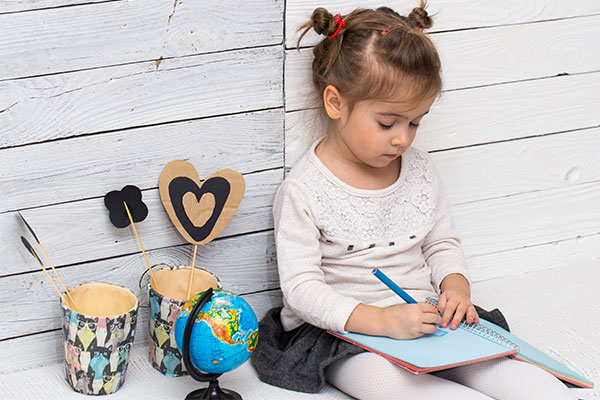
Introduce personal achievement journals where children can record their accomplishments, big and small. Encourage them to reflect on their achievements and how they overcame challenges. This activity helps children recognize their progress and boosts their self-esteem by highlighting their capabilities and growth.
5. Team Building and Collaboration
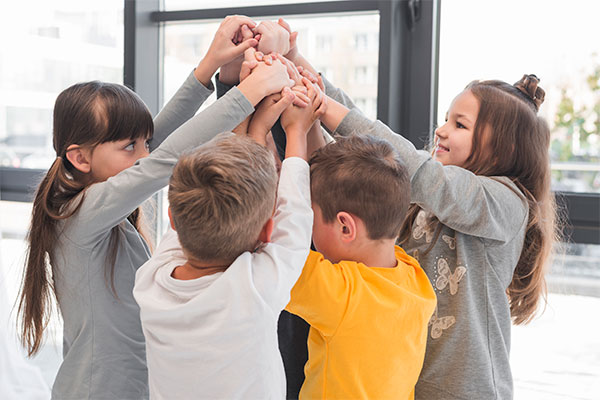
Engage children in team-building activities that promote collaboration and problem-solving. Working together on projects or participating in group activities helps children develop social skills, boosts self-confidence, and fosters a sense of belonging.
Visit: benefits of drama classes
6. Physical Activities and Sports
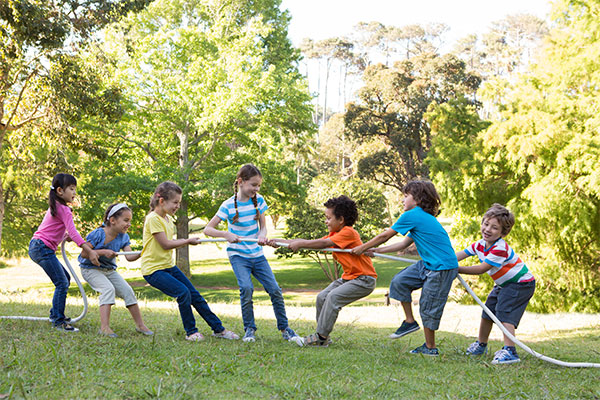
Motivate children to engage in physical activities and sports. Regular exercise not only promotes physical well-being but also builds confidence, improves body image, and enhances self-esteem. The best personality development school indulges in team sports, individual activities, or simple outdoor play, physical activities that help children feel accomplished and proud of their abilities.
7. Volunteer Work and Acts of Kindness

Engage children in volunteer work or acts of kindness within their community. Participating in activities that benefit others fosters empathy, compassion, and a sense of purpose. It also helps children recognize their ability to make a positive impact, boosting their self-esteem and sense of self-worth.
8. Encourage Decision-Making and Problem-Solving
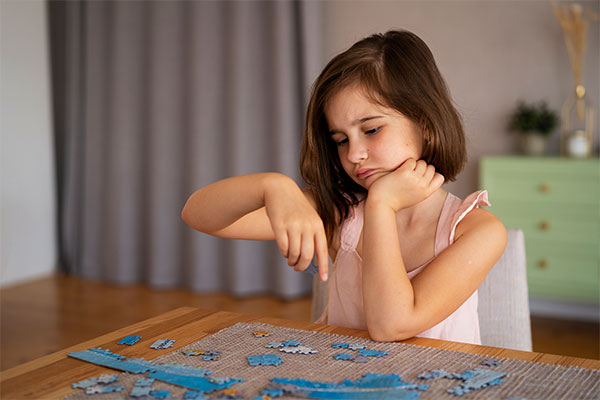
Give children opportunities to make decisions and solve problems independently. Provide age-appropriate choices and challenges that allow them to exercise their problem-solving skills. Encouraging their autonomy and decision-making abilities helps build self-confidence and a sense of competence.
Visit: stage fear activities for kids
9. Celebrate Effort and Resilience

Teach children the value of effort and resilience. Emphasize that mistakes and setbacks are part of the learning process. Encourage them to embrace challenges and celebrate their perseverance and determination. This fosters a growth mindset and builds resilience, essential components of healthy self-esteem.
10. Storytelling and Writing

Encourage children to engage in storytelling or writing activities. This allows them to express their thoughts, imagination, and emotions. Provide writing prompts or encourage them to create their own stories. Celebrate their creativity and storytelling skills, fostering a sense of accomplishment and self-expression.
Visit: how to motivate kids to learn
11. Mindfulness and Relaxation Exercises

Introduce mindfulness and relaxation exercises to help children develop self-awareness and emotional regulation. Teach them simple techniques like deep breathing, visualization, or guided meditation. These practices can help reduce stress, improve focus, and cultivate a positive mindset.
12. Public Speaking and Presentations

Create opportunities for children to practice public speaking and presentations. This could be in the form of sharing a favorite book or giving a short talk on a topic of interest. Public speaking builds confidence, communication skills, and self-assurance in expressing their ideas to others.
13. Encourage Hobbies and Interests
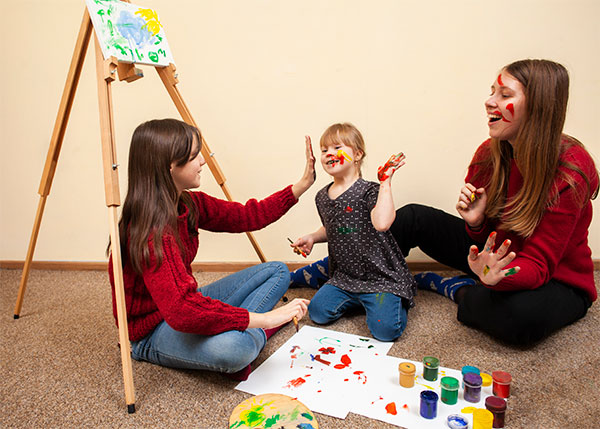
Support children in pursuing their hobbies and interests. Whether it’s music, dancing, sports, crafts, or any other activity they enjoy, their engagement in these activities helps develop a sense of competence, accomplishment, and identity.
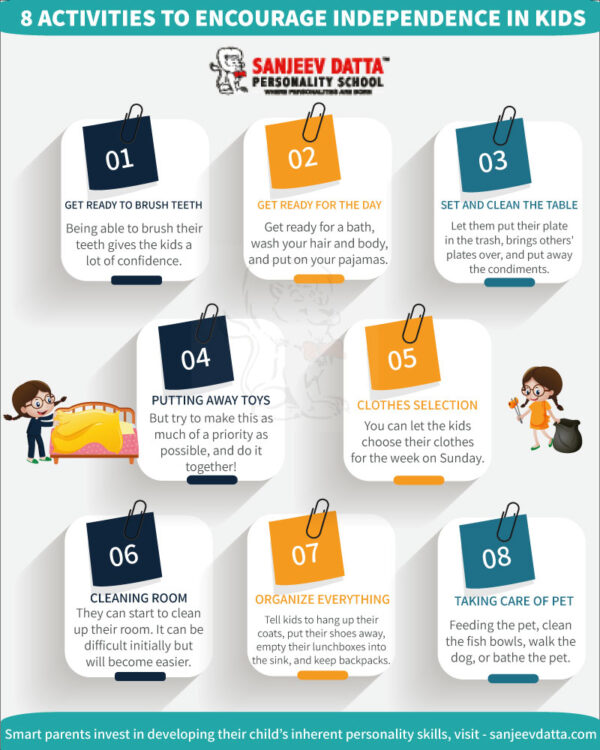
14. Encourage Self-Care Practices

Teach children the importance of self-care and help them develop self-care routines. This could include taking a warm bath, practicing good hygiene, engaging in hobbies, spending time in nature, or practicing relaxation techniques. By prioritizing self-care, children learn to value and nurture their well-being.
15. Positive Peer Interactions
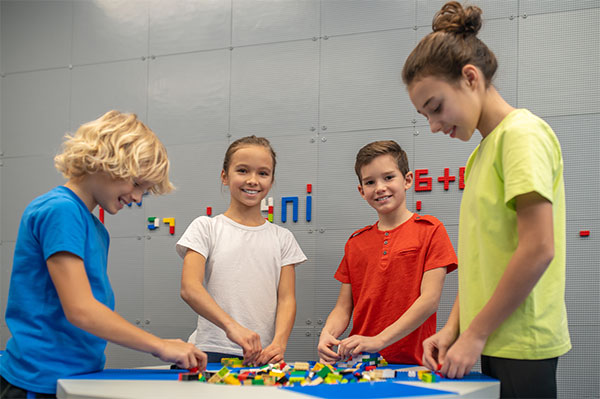
Promote positive peer interactions and encourage children to build healthy relationships. Engage in activities that foster teamwork, cooperation, and empathy. Teach them practical communication skills, active listening, and problem-solving techniques to navigate social situations with confidence and respect.
Visit: effects of online games on kids
Promoting self-esteem in children is a continuous process that requires patience, support, and engaging activities. Incorporating these fun and effective self-esteem activities for kids in children, parents, educators, and caregivers can help them develop a positive self-image, confidence, and resilience. Remember, every child is unique, so adapt these activities to their interests and age. With consistent encouragement and a nurturing environment, children can grow into self-assured individuals who believe in their abilities, embrace challenges, and navigate through life with confidence and resilience.
Why Sanjeev Datta Personality School?
- Interview Training
- Leadership
- Presentation Training
- Social Boldness
- Dressing Etiquette
- Office Etiquette
- Communication Skills
- English Speaking
- Anger Management
- Time Management
- Team Building
- Performance Enhancer
- Soft Skills
- Goal Setting
- Career Counselling
- Student Subject Choice Counselling
- Listening Skills
- Video Presentation
- Meditation
For more details, contact us now!


